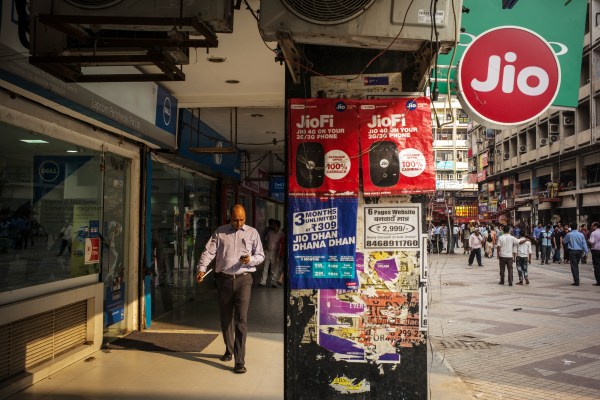India has asked social media firms to provide an update on whether they have complied with its new IT rules “as soon as possible” and “preferably today” even as the new regulations are being legally challenged by WhatsApp.
In a letter to “significant social media intermediaries” — which New Delhi defines as social media firms with over 5 million registered users in India — on Wednesday, Ministry of Electronics and Information Technology asked the firms to share the names of their apps, websites or services that will come under the scope of the new IT rules and the status of their compliance.
The letter, obtained by TechCrunch, also asks the firms to provide names and contact details of the chief compliance officer, nodal contact person and resident grievance officer that they have appointed in India as part of the compliance, and also asked for the physical address of the local office. The new rules, unveiled in February this year, mandate that firms have several officials in India to address on-ground concerns.
The letter also implies that India doesn’t plan to give social media firms any extension on the deadline, which expires on Wednesday, to comply with the new regulations. “The additional due diligence required from SSMI [significant social media intermediaries] have come into effect today, at the conclusion of three additional months given to SSMIs,” it said. Shortly after unveiling the new IT rules, India had notified firms to comply within three months.
“If you are not considered as SSMI, please provide the reasons for the same including the registered users on each of the services provided by you,” the letter adds. “The government reserves the right to seek any additional information, as may be permitted within these Rules and the IT Act.”
Earlier on Wednesday, WhatsApp sued the Indian government challenging the second-largest internet market’s new regulations that it said could allow authorities to make people’s private messages “traceable,” and conduct mass surveillance.
Tension has been brewing between American technology giants and the Indian government over the past few months. Earlier this year, Twitter refused to block accounts that criticized New Delhi and Prime Minister Narendra Modi.
Last month, the Indian government ordered Facebook, Instagram and Twitter to take down posts that were critical of Modi’s handling of the coronavirus pandemic. Last week, New Delhi objected to Twitter’s labeling of some of its politicians’ tweets as manipulated media. This week, police in Delhi visited Twitter offices to “serve a notice” about an investigation into its intel on classifying politicians’ tweets as misleading.
“Big Tech like Facebook, Twitter, Instagram, WhatsApp and Google often make terrible policies and decisions that are often harming millions of Indians. All of us at IFF are consistently advocating with our public authorities for user-rights-centric regulations that help address them,” said New Delhi-based digital rights advocacy group Internet Freedom Foundation, in a statement.
“It is our clear belief that the Intermediaries Rules do not fix these outstanding issues, suffer from core defects of procedural and substantive legality and end up harming your rights as well as the innovation which makes the internet so special and exciting. Today, more than ever we need to follow a path that is led by experts and the values of the Indian constitution.”
